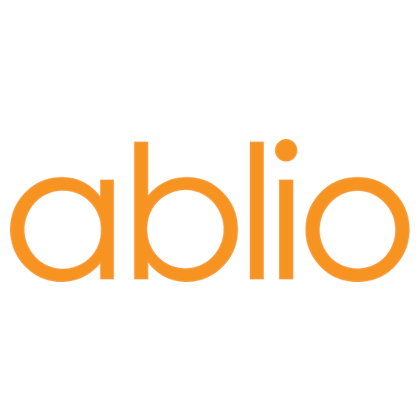The importance of the new RSI platforms

The Covid-19 virus has done more harm to the world economy than any other issue in the past. Businesses are failing, unemployment numbers are increasing.
Although many think that the COVID-19 has done more harm and will continue to do more, some see the positive side even in the middle of such an alarming situation. It has been possible for large sections of the economy to change the way in which it works.
Pivitol to this is the fact that that even before the pandemic, thanks to the Internet and to new strategic tools for remote collaboration, we have connected ourselves to each other around the world.
During the last year, people and organisations have set up and managed many virtual conferences, webinars, and web meetings successfully, and now are planning to run strategic hybrid events worldwide. Isn't all this extraordinary? Is it survival? Is it evolution? Whatever it is, we need to embrace it.
There has also been a marked change in the Simultaneous Interpreting field. Many professional interpreters are not happy with the RSI phenomenon. They are opposed to new RSI platforms because according to them the sound and audio quality lose out.
But in fact they, in recent months they have had to "build" a virtual work station in their homes. Many were not prepared for this. Many were. But many didn’t want to invest in equipment.
And so social networks posts and opinions literally split in two camps: interpreters who love the new RSI platforms and interpreters who don't want to use them and who harshly criticize the way their colleagues interpreters apply to the RSI platforms (misinterpreting the meaning of the so-called badges).
The point is that these RSI platforms are making remote multilingual communication possible, as well as making the work of interpreters efficient - even remotely. Without these platforms (which have had to adapt and to web events, since they were built for on-site use) many multilingual web events could not have existed.
Traditional infrared radio systems, used for live events, are those defined as more "safe" and those that guarantee the best audio resolution. These systems have been perfected from year to year, starting with the Nuremberg process, up to the present day. They took a long time to become what they are today. But with no events the equipment sits in warehouses around the world. The creators and developers of software platforms are providing excellent results, despite having had very little time to adapt their offering to virtual events.
These platforms that provide remote interpreting services are not the future. They were never meant to replace traditional systems. However, they are a complementary part of the future of interpreting services. In the meantime, let's support each other and make sure that the world of events and interpreting field continues.
In the hope that this pandemic will end and that we will meet again soon.



Using state-of-the-art IT & telecommunication technologies, ablio makes language interpretation services easily available to everyone, in any context, by creating tools and service platforms that are supported by its own community of live interpreters.
For further information please visit our websites:
● ablio.eu – General Website
● ablio.com – OPI Platform
● ablioconference.com – Simultaneous Interpreting Platform

